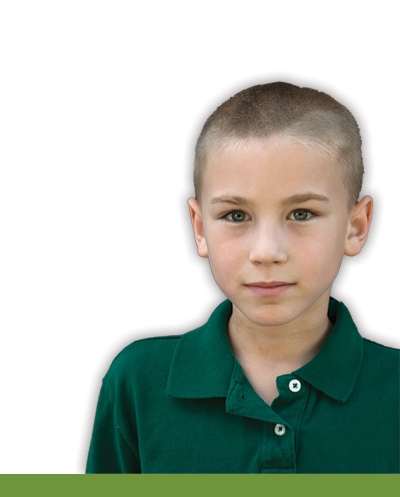Below are some of the many of the possible signs for early detection of Autism. Call us if you notice these – we can help!
- Starts talking later than age 2, and has other developmental delays by 30 months
- Loses previously acquired ability to say words or sentences
- Doesn’t make eye contact when making requests
- Speaks with an abnormal tone or rhythm — may use a singsong voice or robot-like speech
- Can’t start a conversation or keep one going
- May repeat words or phrases verbatim, but doesn’t understand how to use them
- Performs repetitive movements, such as rocking, spinning or hand-flapping
- Develops specific routines or rituals
- Becomes disturbed at the slightest change in routines or rituals
- Moves constantly
- May be fascinated by parts of an object, such as the spinning wheels of a toy car
- May be unusually sensitive to light, sound and touch and yet oblivious to pain
Common Autism Characteristics Include:
Sensory Issues including sensitivity or “numbness” to certain sounds, lights, textures, tastes, smells, pressure or balance sensations are often problematic.
Language Deficits. By age three, many children with autism have not passed the predictable linguistic milestones. Some may use language in unusual ways, such as speaking too loudly or quietly, using “professor-like” adult language, or repeating back words and dialogue that they have heard. Others may speak much later than other children, or remain without spoken language throughout their lives. Many learn to use communication systems such as pictures, computer devices, or sign language.
Social Skills Difficulties. Autism is characterized by a sensory processing delay, and many people with autism cannot process social experience at the speed that it is happening, causing them to become overwhelmed, withdrawn, anxious, angry, or depressed. This makes it hard to make friends. Many with autism find it hard to read facial expressions or body language of others, making social connections really difficult.
Emotional Regulation Challenges. People with autism have the same range of emotional experience as those without. However, it is common for people with ASD to have difficulty processing and regulating their emotions. This can result in the person being an easy target for bullying, and may lead to anxiety and depression.
Behavioral Differences. Autism is neurological. The “behaviors” of autism come as a result of alternate brain wiring that causes processing speed delays and sensory integration issues. Unusual behaviors are often the only means that autistic people have of regulating their environment and communicating their experience. Successful behavioral therapies acknowledge the function of an autistic person’s behavior, while teaching them ways to communicate with the world around them.
Special Interests (also called Perseverations). Many people with autism have special interests, subjects that they are passionately focused on to the exclusion of all other topics. Most special interests can be translated into academic studies that can lead to lifetime employment in the area of interest. It is important to start early to identify the autistic person’s special interest and select marketable trades that utilize these interests as possible.
Let us help guide you through this process:
Or, call us at 412-781-4116

